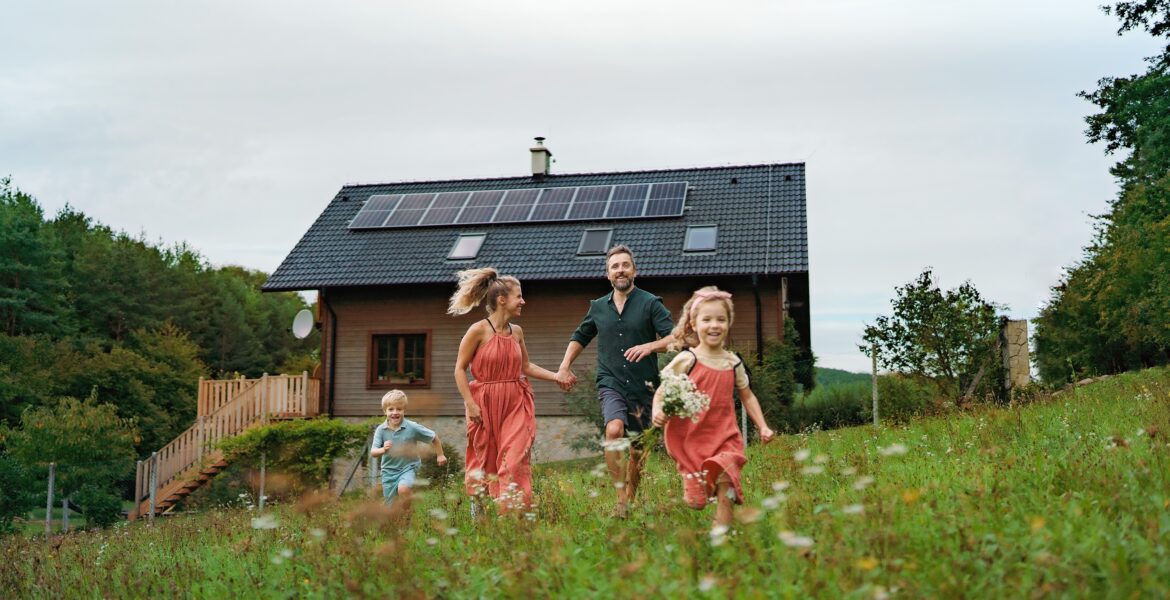From the Oxford Dictionary: Sustainability is the avoidance of the depletion of natural resources in order to maintain an ecological balance. In simpler terms? It means the actions our society takes to exist and preserve the planet’s natural resources so that the future can be its *best self.*
What do some of those actions look like? We’re glad you asked and we have examples ready for you to review.
Check out some relatively easy suggestions you can incorporate into your day-to-day life to live more sustainably below. These will help the planet a little bit or a lot of bit. But either way, you’ll be contributing to a more beneficial future.
Conserve Water
Did you know that the average American uses upwards of 300 gallons of water every single day? With climate change causing droughts around the world, we need to be proactive and save water wherever we can.
Some easy solutions include:
- Taking a quick shower
- Insulating your hot water pipes
- Installing water-saving shower heads
- Recycling indoor water for plant use
- Washing full loads of dishes and laundry
Additional helpful examples can be found here.
Choose Organic
Organic isn’t just a word that companies slap on labels to draw you in; it’s a statement saying this item reduces your impact on the planet. That’s why we like to support purchasing organic everything, from coffee to clothing, from fruit to veggies, and everything in between.
The best part about organic stuff is that there’s no harmful pesticides present. You know, the ones that pollute the air, water and soil, contaminating your food and harming fish and wildlife. If it does all these negative nasties to our environment, what can harmful pesticides do to our body?
Choose organic with us, or go one step further. Plant your own produce, creating 100% natural food.
Reduce Energy
Did you know that high amounts of energy can actually add to your carbon footprint, increasing the overall negative impact on climate change? That means we as a people need to be aware of and minimize electricity and technology usage. Key examples can include:
- Turning off the lights when you leave the room
- Unplugging appliances not in use
- Finding non-electric alternative items to own
A big change you may want to consider, too, is installing solar panels. Jump on the bandwagon and get in contact with your sustainable energy provider today to start making a difference.
Prioritize Hand-Me-Downs
Oddly (or not-so-oddly) enough, clothes is the second most polluting industry in the world. People purchase way too many clothes in a given year because they want what’s new and exciting. But would they continue to buy if they knew it contributed to approximately 10% of overall carbon emissions? Unlikely.
Instead of buying that hip and trendy jacket that just came out, consider buying *new-to-you* items instead. Head on down to a thrift store or second-hand shop and see what they have in store. You’d be surprised with the awesome finds you’ll seek out.
Dial Down
… your heat and air conditioning while you’re not in the house. Who needs to be warm or cold when the area is vacant, anyway?
We suggest adjusting your thermostat 7-10° up or down, depending on the weather, when you’re not around. Not only will this save energy and electricity, but it’ll also put an extra few bucks in your pocket.







